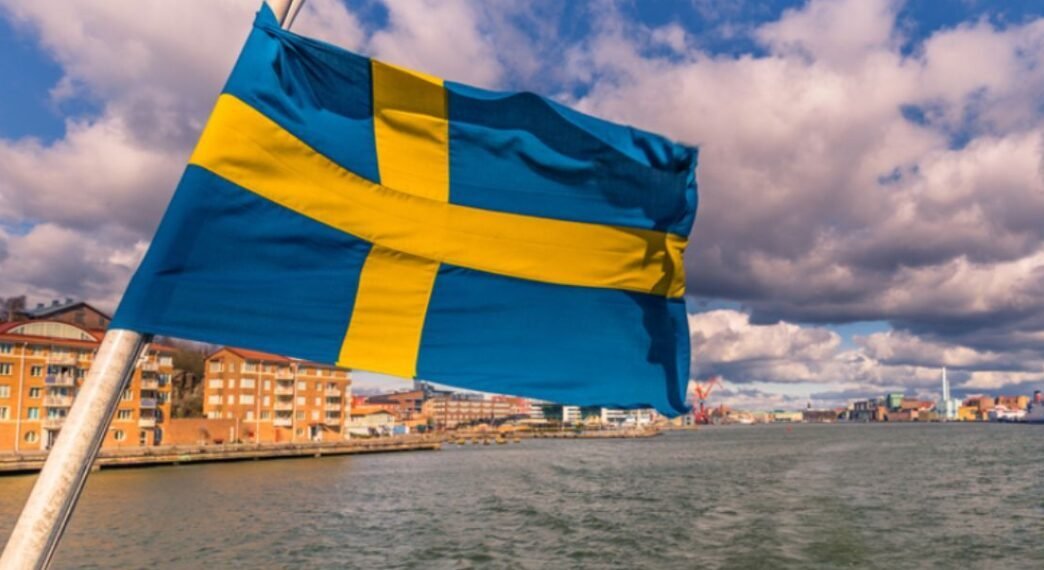Beginning in 2026, the Swedish government will roll out a new policy offering significantly increased financial incentives for immigrants who voluntarily choose to return to their home countries. Under the program, eligible individuals could receive up to 350,000 Swedish kronor (approximately $34,000) in support payments, making it one of the most generous voluntary return schemes in Europe.
The move comes amid growing debates in Sweden over immigration, integration challenges, and the cost of supporting asylum seekers and migrants who face difficulties settling in the country.
What the Policy Means
Currently, Sweden already operates a voluntary return program through its Migration Agency, but payouts are relatively modest. The new plan represents a major expansion, aimed at making return a more attractive option for migrants who:
- Have struggled to integrate into Swedish society.
- Face obstacles in securing long-term residency.
- Have been denied asylum or residence permits but remain in the country.
The financial support will be structured to cover costs such as relocation, reintegration, and starting anew in the home country.
Why Sweden Is Introducing This Policy
1. Integration Challenges
Sweden has one of the highest per-capita immigration rates in Europe. While many immigrants successfully integrate, others face difficulties due to language barriers, employment gaps, and cultural adjustment challenges.
2. Rising Costs
The cost of housing, welfare, and support services for migrants remains a significant budgetary concern. Policymakers argue that it may be more cost-effective to support voluntary return than to continue long-term assistance.
3. Political Pressures
Immigration has been at the center of Swedish politics in recent years. With right-leaning parties gaining ground, there has been increasing demand for policies that both limit new arrivals and reduce the number of people remaining in limbo after denied asylum applications.
4. Humanitarian Framing
Government officials emphasize that the plan is not about forced deportation but about providing a “dignified, humane, and financially supported option” for those who wish to go back voluntarily.
How the Program Will Work
While the government has not yet disclosed the full operational details, preliminary outlines suggest:
- Eligibility: Targeted at rejected asylum seekers, migrants struggling with integration, and those voluntarily opting out of the residency process.
- Payment Structure: Up to 350,000 kronor per individual, with possible variations depending on family size and personal circumstances.
- Support Services: Guidance, counseling, and logistical support for reintegration back home.
- Monitoring: To ensure funds are used for resettlement purposes, payments may be made in tranches rather than as a lump sum.
Comparisons with Other Countries
Sweden is not the first European country to incentivize voluntary return, but its proposed payouts are among the highest:
- Germany offers up to €1,200 per adult plus reintegration aid.
- Norway has programs offering between €3,000 and €4,000 per person.
- The Netherlands provides financial assistance capped around €2,000.
By contrast, Sweden’s plan—worth about $34,000—far exceeds regional averages and could become a benchmark for similar policies across Europe.
Reactions to the Announcement
The policy has sparked debate both inside Sweden and internationally.
- Supporters argue it offers a humane solution for those who cannot or do not want to stay, while reducing the strain on Sweden’s welfare system.
- Critics contend it may act as a financial lure that unfairly rewards failed asylum seekers while undermining integration efforts.
- Human rights groups have warned that while voluntary return is preferable to forced deportation, governments must ensure decisions are truly voluntary and not made under pressure.
Impact on Migrants in Sweden
For many migrants, especially those denied permanent residence, the incentive could provide a fresh opportunity to rebuild their lives with financial security. The package might cover:
- Housing and resettlement costs in the home country.
- Investments in small businesses or skills development.
- Education and health needs for families returning home.
However, for migrants who fled war or persecution, returning may not be a viable option—no matter the financial incentive.
Broader Implications for Europe
Sweden’s decision could influence migration policy across the European Union, where debates over asylum, integration, and repatriation remain highly divisive. Countries struggling with high numbers of migrants who remain after asylum rejections may consider similar incentives.
Analysts also point out that such policies may serve dual purposes: addressing domestic political concerns while presenting a humanitarian face internationally.
Conclusion
From 2026, Sweden’s policy of paying up to 350,000 kronor ($34,000) to immigrants who voluntarily return to their home countries signals a bold shift in migration management. Whether it will reduce integration challenges or simply shift debates remains to be seen.
What is clear, however, is that Sweden is betting on financial incentives as a tool to ease both political pressures at home and humanitarian concerns abroad. For many migrants, the offer could represent either a lifeline—or an impossible choice.














